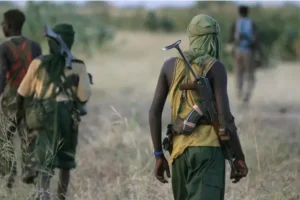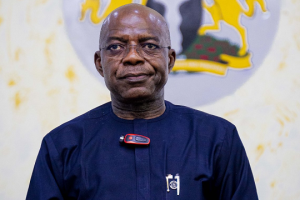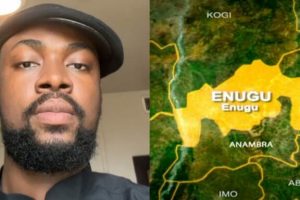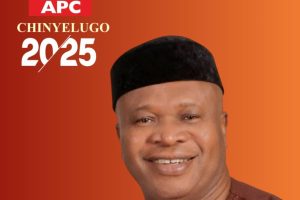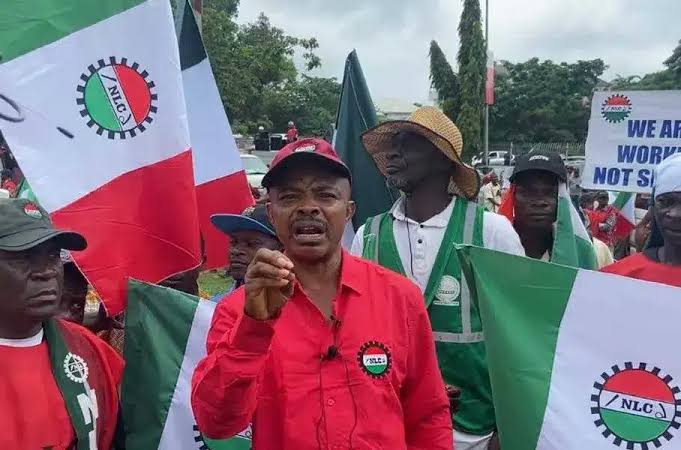
The proposed December 1 strike by the Nigeria Labour Congress (NLC) faces significant challenges, with several state chapters opting out of the industrial action. The strike was initially called to protest the delayed implementation of the N70,000 minimum wage approved by President Bola Tinubu in July 2024. However, widespread withdrawals from state unions have raised questions about the strike’s viability.
Mixed Responses to Wage Implementation
While some states, including Lagos and Rivers, have exceeded the mandated N70,000 minimum wage by offering N85,000, many others have yet to comply. Thirteen states, along with the Federal Capital Territory (FCT), are yet to implement the new wage structure. These states include:
- Abia
- Akwa Ibom
- Ebonyi
- Ekiti
- Katsina
- Oyo
- Sokoto
- FCT
State Chapters Distance Themselves
Less than 24 hours before the planned strike, several state NLC chapters announced their decision not to participate. This withdrawal has further cast doubt on the feasibility of a unified nationwide industrial action.
For instance, the NLC Chairman in Imo State, Uche Chigaemezu, confirmed that the state chapter had reached an agreement with Governor Hope Uzodimma. He stated, “We cannot think of embarking on any strike because we have reached an agreement with the state government, which has committed to paying the N70,000 minimum wage.” This position was echoed by a civil servant in the state who confirmed there was no plan to join the strike.
Similarly, Sokoto State’s NLC chapter announced its withdrawal following Governor Ahmed Aliyu’s approval of the N70,000 minimum wage. The implementation in Sokoto is scheduled for January 2025, and the state union has signed a memorandum of understanding with the government.
In Oyo State, both the NLC and Trade Union Congress (TUC) confirmed their decision to abstain from the strike. NLC State Chairman Kayode Martins said, “We have liaised with the national secretariat and informed them of our progress. We have a good rapport with the state government.”
Likewise, in Katsina State, NLC Chairman Hussaini Danduna revealed that workers would not join the strike, citing an agreement with the state government to implement the new wage structure in December. The TUC Chairman, Mukhtar Abdu-Ruma, also confirmed this position, highlighting that the necessary adjustments had been agreed upon.
In Akwa Ibom, while the NLC Chairman could not be reached, TUC Chairman Dominic Abang said civil servants in the state would not participate in the strike, emphasizing progress made in negotiations with the state government.
States Supporting the Strike
Despite the widespread withdrawal of support, a few state chapters remain committed to the strike. In Kaduna State, NLC Chairman Ayuba Suleiman confirmed the union’s readiness to participate in the nationwide action. Similarly, Nasarawa State’s NLC declared its intention to proceed, with Chairman Ismaila Okoh issuing a notice of strike to members.
Additionally, the FCT council of the NLC directed workers across its six area councils to embark on an indefinite strike starting December 1 until further notice.
Broader Context
President Tinubu approved the N70,000 minimum wage in July 2024 to address the economic hardship faced by workers amidst rising inflation. The wage was intended to be reviewed every three years. While some states swiftly implemented the directive, others have cited financial constraints as a barrier.
As the December 1 deadline looms, the fragmented response underscores the challenges of coordinating industrial action across Nigeria’s diverse states, each grappling with unique financial and political circumstances. While some states are making strides toward compliance, others remain hesitant, complicating efforts to achieve a nationwide consensus.
This evolving situation highlights the complexities of labor relations in Nigeria and raises important questions about the enforcement of federal wage policies. The mixed reactions to the strike also reflect broader disparities in state-level governance and financial management, which continue to influence the welfare of Nigerian workers.


